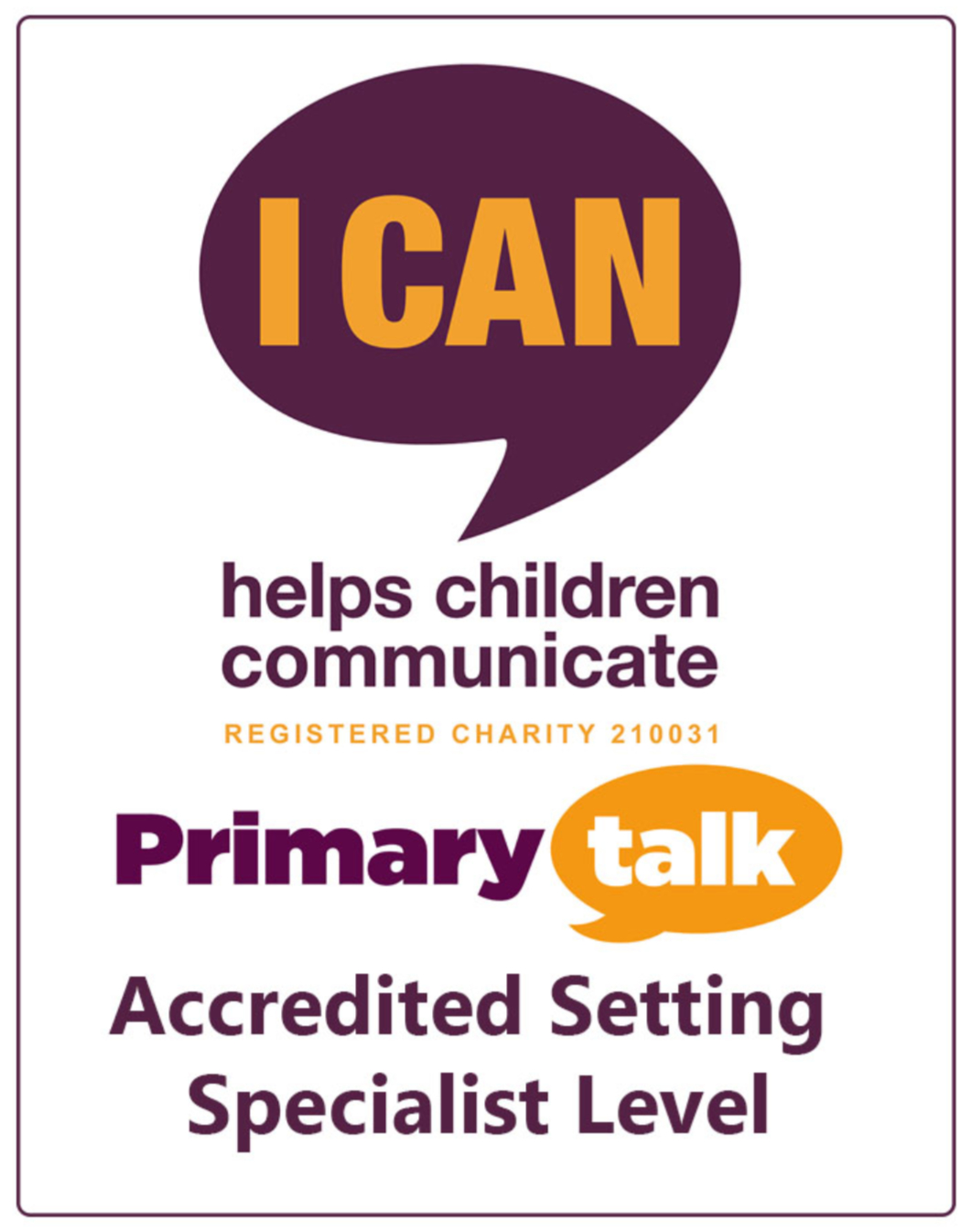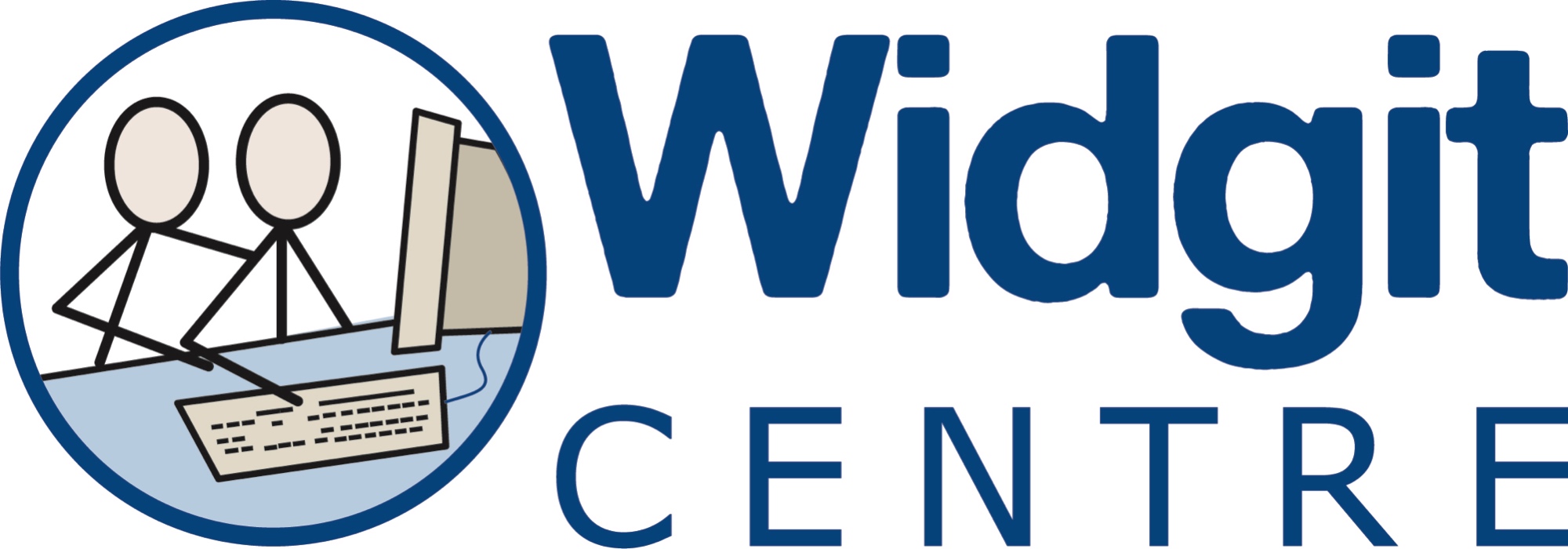Keeping Safe
Keeping safe using ICT
Wyre Forest School is committed to providing a framework to keep our pupils safe when they are using ICT in school or at home.
E-Safety is part of the National Curriculum and is taught in every class at an appropriate level to the learning there. We have broken the subject into four main concepts:
- Respect yourself (looking after yourself)
- Protect yourself (looking after yourself)
- Respect others (looking after others)
- Protect others (looking after others)
An extended version of our Acceptable Use Agreement can be found here.
Practical tips to help minimise the risks your child might face
It’s good practice for apps and websites to have safety advice and well-designed safety features which can make a real difference to how safe your child will be when using them. Work through safety and privacy features on the apps that your child is using, or might use. Make sure they understand the point of these and how to use them. Don’t be put off by believing your child knows more than you: the tools are actually quite easy to manage.
- Ask them to show you which social media apps they use and what they like about them. Talk about how they use them and what makes them so engaging.
- Explain how you can use privacy settings to make sure only approved friends can see posts & images.
- Check if any of their apps have ‘geo-location’ enabled, sharing their location unintentionally.
- Show them how to report offensive comments or block people who upset them.
- Check ‘tagging’ settings so that when others are posting or sharing photos online, your child’s identity is not revealed. Also, get people‘s consent before sharing photos.
- Encourage your child to come and talk to you if they see anything that upsets them.
Keep talking and stay involved
In a mobile age, children can’t be completely protected, even by the best privacy controls; another child may use different settings. So it’s important to keep talking to your child about the implications of social media. Getting a sense of what they think is a useful place to start; you may be surprised by how much thought they may have given to the issues.
Encourage your child to think carefully about the way they, and others behave online, and how they might deal with difficult situations.
- People may not always be who they say they are online: how can this create problems?
- Why is it unwise to meet anyone in the real world that you’ve only ever met online?
- Even if you think your messages are private, remember that words and images can always be captured and broadcast.
- People present themselves differently online - do they really look like that? Are they always having that good a time?
- Be aware that screens, and especially being anonymous, can lead people to say things they wouldn’t say to someone’s face.
- What does being a good friend and a likeable person online look like?
- There can be pressure to be part of a particular group online or to be seen to be following a certain set of ideas. How can you take a step back and make your own decisions?
What to do if something goes wrong
Although the internet in school is moderated and filtered occasionally something gets through that is inappropriate, it important that our pupils know what to do.
- Place their iPad face down (turn off the screen if they are on a computer).
- Tell an adult straight away.
- The adult should assess the incident and report it. If the matter is serious then report it to CEOP (the Child Exploitation and Online Protection Centre) - you can use the button below to do this:
- If you feel that School would be best placed to deal with the matter then please call and ask to talk to one of our Safeguarding Team.
Below are some handy information sheets that have been provided by CEOP, please feel free to download them for more advice. There is also advice in keeping your child safe online listed in the Useful Links section of the website.
Cyberbullying and Online Harassment
Cyberbullying and online harassment can be extremely distressing. They can even be classed as criminal offences in some cases.
However, there are plenty of organisations you can turn to for help, including charities, social media service providers, and the police.
Here is an overview of what online bullying is, how you can avoid it, and where you go for advice:
What is cyberbullying and online harassment?
Making comments or posts online that are deliberately abusive, offensive, threatening, or inflammatory.
Liking and sharing this kind of abuse can also count as bullying and harassment.
Online bullies and harassers use all sorts of platforms, including social media (like Facebook, Twitter, Snapchat, and Instagram), forums, gaming sites, comments sections, mobile phone chat groups and more.
There is a very detailed definition of cyberbullying at:
bullying.co.uk/cyberbullying/what-is-cyberbullying/
How you can stay safer
Think before you post: when posting or commenting online, consider what you say and what effect it may have. Never post comments that are abusive, threatening or are likely to cause offence to others.
Keep personal information personal: do not say anything or publish pictures that might later cause you or someone else embarrassment. Be aware of what friends post about you, or how they reply to your posts – particularly about your personal details and activities.
Make the most of privacy settings: keep your profiles closed, allowing access only to your chosen friends and family.
Social media help sections can show you how to block users, change your privacy and contact settings, and report abusive content:
- Facebook - https://www.facebook.com/help/
- Twitter - https://support.twitter.com/
- Instagram - https://help.instagram.com/
- LinkedIn - https://www.linkedin.com/help/linkedin
- Google+ - https://support.google.com/plus#topic=6320382
- YouTube - https://www.youtube.com/yt/policyandsafety/en-GB/reporting.html
- Pintrest - https://help.pinterest.com/en
- Tumblr - https://www.tumblr.com/abuse
- Snapchat - https://support.snapchat.com/en-GB
Report cyberbullying to internet service providers: lots of content online is offensive or upsetting. It is not always a criminal offence, but it often violates the terms and conditions established by social media sites and internet service providers. Service providers are often keen to take action against users who abuse their terms of service.
If you believe that you are the victim of online bullying, keep a record of the content (for example, take a screenshot). You can use this to help your report to the service provider and, if necessary, the police.






